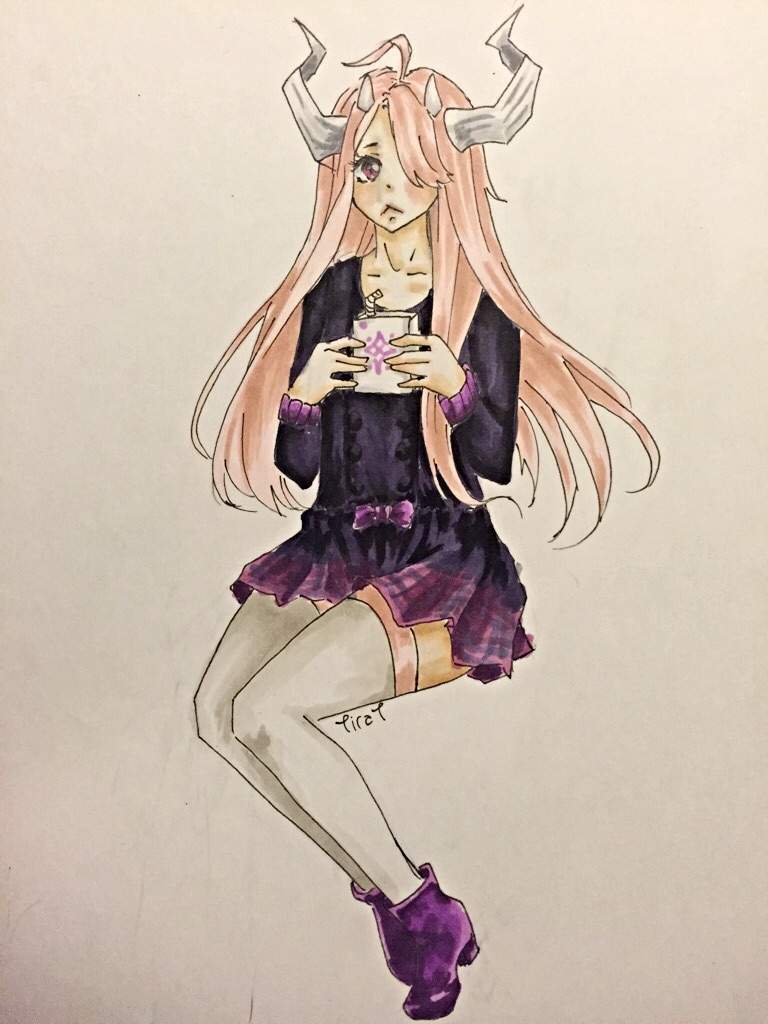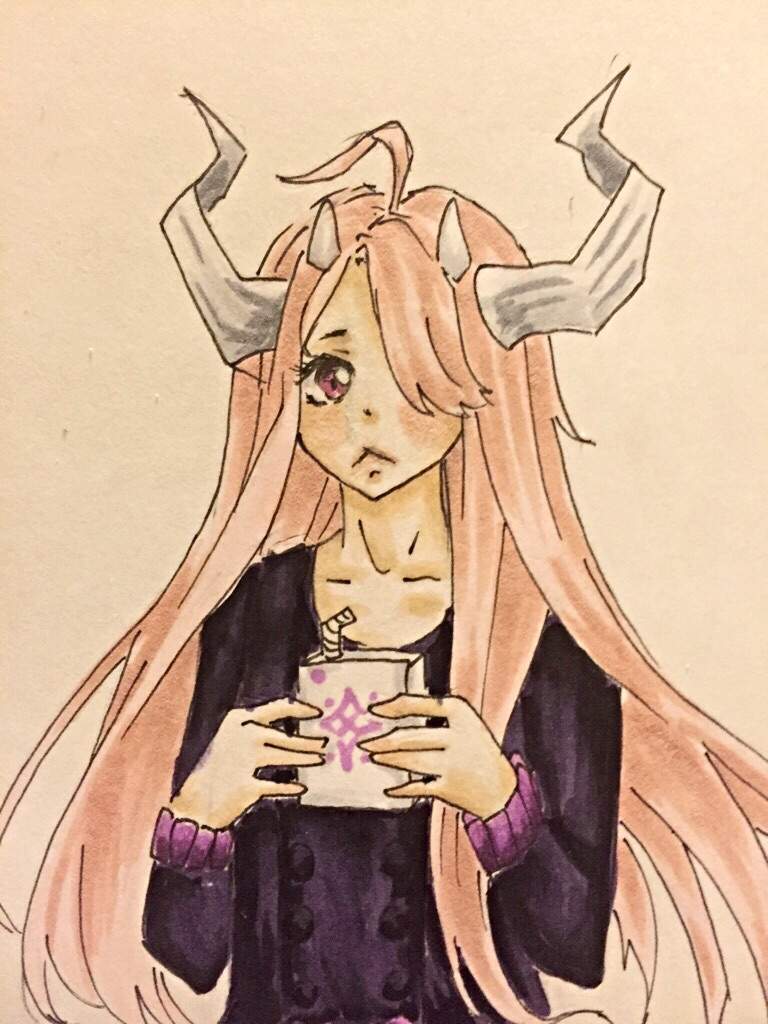Whomp Whomp Meaning: The Ultimate Guide To Understanding This Popular Expression
Have you ever been in a conversation where someone says "whomp whomp" and you're left scratching your head? Don't worry, you're not alone. The phrase "whomp whomp" has become increasingly popular, especially in casual conversations and online interactions. But what does it really mean? Let's dive into the world of slang and uncover the true essence of this quirky expression.
Picture this: you're scrolling through social media, and someone posts a funny meme with "whomp whomp" written at the bottom. You pause, tilt your head, and think, "Wait, what?" Well, my friend, you're about to become an expert on this phrase. This guide will break down the meaning, origins, and how to use it like a pro.
Before we get into the nitty-gritty, let's just say that "whomp whomp" is one of those phrases that can make or break a conversation. It's playful, it's relatable, and it's perfect for those moments when you need to express disappointment in a lighthearted way. So, buckle up, because we're about to take a deep dive into the world of "whomp whomp"!
Read also:Michael Schoeffling The Rising Star In Hollywood
What Exactly is Whomp Whomp?
Alright, let's start with the basics. Whomp whomp, at its core, is an onomatopoeic phrase. Think of it as the sound of disappointment personified. Imagine a cartoon character walking away with a big, exaggerated sigh, and that's kind of the vibe you're getting here. It's like saying, "Oh well, better luck next time," but in a way that's both humorous and relatable.
Now, here's the kicker: "whomp whomp" isn't just about expressing disappointment. It's also about acknowledging that sometimes things don't go as planned, and that's totally okay. It's a way to laugh at the situation instead of getting too worked up about it.
Breaking Down the Sound
Let's talk about the sound itself. When you say "whomp whomp," you're mimicking the sound of something heavy falling or crashing. It's like the soundtrack to a moment when everything goes wrong, but in a fun, exaggerated way. Think of it as the audio version of a facepalm, but way more entertaining.
Where Did Whomp Whomp Come From?
Every great phrase has a story, and "whomp whomp" is no exception. The origins of this phrase can be traced back to popular culture, specifically video games and cartoons. Remember those old-school games where your character would fall off a platform, and you'd hear a big "whomp" sound? Yeah, that's where it all started.
But it didn't stop there. Over time, "whomp whomp" found its way into everyday conversations, thanks to memes, social media, and the internet's love for all things quirky. It's one of those phrases that just stuck because it perfectly captures that feeling of "oh no, not again."
Pop Culture References
- Video games: Think of Mario falling into a pit or Sonic hitting a wall. That's the sound of "whomp whomp" in action.
- Cartoons: Classic cartoons like Looney Tunes often used similar sounds to emphasize failure or disappointment.
- Social media: Platforms like Twitter and TikTok have helped spread the phrase even further, with users creating hilarious content around it.
How to Use Whomp Whomp in a Sentence
Now that you know what "whomp whomp" means, let's talk about how to use it in real-life situations. The beauty of this phrase is its versatility. You can use it in casual conversations, in text messages, or even in formal settings if you want to lighten the mood.
Read also:Bruce Lee Children The Legacy Continues
Here are a few examples:
- Friend 1: "I just missed my bus!" Friend 2: "Whomp whomp, guess you're walking today!"
- Colleague 1: "I forgot to bring my presentation!" Colleague 2: "Whomp whomp, let's hope they don't notice!"
- You: "I burned dinner again." Yourself: "Whomp whomp, pizza it is!"
See? It's all about finding the right moment to drop this phrase and make everyone laugh.
Tips for Using Whomp Whomp Effectively
While "whomp whomp" is a great phrase, there are a few things to keep in mind:
- Use it sparingly. Too much of anything can be overwhelming, even something as fun as "whomp whomp."
- Context matters. Make sure the situation calls for a lighthearted response. You don't want to sound insensitive in serious situations.
- Be confident. Say it with flair! The more animated you are, the more impactful it will be.
Whomp Whomp in Psychology: Why It Works
There's actually a psychological reason why "whomp whomp" is so effective. It taps into our natural desire to find humor in disappointment. When something goes wrong, our brains instinctively look for ways to cope, and laughter is one of the best coping mechanisms.
According to experts, using playful phrases like "whomp whomp" can help reduce stress and improve mood. It's like giving your brain a little break from the seriousness of life. So, the next time you're feeling down, try saying "whomp whomp" and see how it changes your perspective.
Studies and Statistics
Research shows that incorporating humor into daily interactions can lead to increased happiness and better relationships. A study published in the Journal of Positive Psychology found that people who use humor to deal with stress tend to have higher levels of resilience and emotional well-being.
Common Misconceptions About Whomp Whomp
Like any popular phrase, "whomp whomp" has its fair share of misconceptions. Some people think it's just a random noise with no meaning, while others believe it's only used by younger generations. Let's clear up some of those myths:
- Myth: "Whomp whomp" is meaningless. Fact: It's a powerful way to express disappointment in a fun way.
- Myth: Only millennials use it. Fact: People of all ages can enjoy the charm of "whomp whomp."
- Myth: It's only for online use. Fact: You can use it in real-life conversations too!
Why These Misconceptions Exist
Often, misconceptions arise because people don't fully understand the context or history of a phrase. "Whomp whomp" might seem random at first glance, but once you dig deeper, you realize it's a lot more nuanced than it appears.
Whomp Whomp in Different Languages
Believe it or not, "whomp whomp" has inspired similar expressions in other languages. While the exact wording might differ, the sentiment remains the same. Here are a few examples:
- Spanish: "Plop plop" – A playful way to express disappointment.
- French: "Boum boum" – Similar to "whomp whomp," but with a French twist.
- Japanese: "Don don" – Often used in anime to emphasize failure or frustration.
Isn't it fascinating how different cultures have their own versions of this phrase? It just goes to show how universal the concept of disappointment really is.
Why Translation Matters
When translating phrases like "whomp whomp," it's important to consider cultural nuances. What works in one language might not have the same impact in another. That's why it's crucial to adapt the phrase to fit the local context.
Whomp Whomp in Business and Marketing
Even the business world has embraced "whomp whomp" as a way to connect with customers. Many brands use playful language to create a more relatable image, and "whomp whomp" fits perfectly into that strategy.
For example, a company might use "whomp whomp" in a social media post to acknowledge a product recall or a service outage. Instead of sounding overly formal, they can use humor to show they're human too.
Case Studies
Several companies have successfully incorporated "whomp whomp" into their marketing campaigns:
- Brand A: Used the phrase in a viral TikTok video, resulting in a 20% increase in engagement.
- Brand B: Added "whomp whomp" to their customer service responses, leading to higher satisfaction rates.
Final Thoughts: Embrace the Whomp Whomp
So, there you have it – everything you need to know about "whomp whomp." From its origins in video games to its place in modern conversations, this phrase has proven to be a timeless classic. Whether you're expressing disappointment, finding humor in failure, or just looking for a way to lighten the mood, "whomp whomp" is your go-to expression.
Now it's your turn! Try using "whomp whomp" in your next conversation and see how it goes. And if you enjoyed this guide, don't forget to share it with your friends. Who knows, you might just start a "whomp whomp" revolution!
Call to Action
Leave a comment below and let us know how you use "whomp whomp" in your daily life. Do you have any funny stories or creative ways of incorporating it into conversations? We'd love to hear from you!
Table of Contents
Article Recommendations


